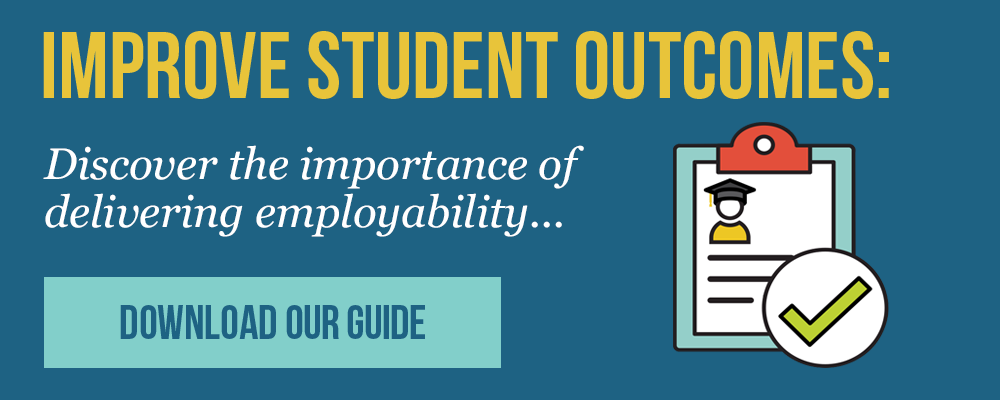
As students increasingly expect universities to prepare them for their professional lives, there is growing pressure on faculty heads to understand the current and future job market.Rising numbers of graduates, especially in India and China within the fields of science, technology, engineering and mathematics, developments in technology, the internet of things and shifts in lifestyle are reshaping the job market more rapidly than ever. The education industry needs to keep up with these changes, with universities endowing students with the competencies and skills they need in order to thrive professionally.
In less than two decades, the job sector and education industry will be very different
According to an estimate cited in The World Economic Forum’s Future of Jobs Survey, 65% of children in primary education today will end up working in roles that don’t currently exist. This implies that a huge shift in the job sector (and therefore the education industry) is imminent. According to data gathered from the survey, changes in work patterns, a growing middle class in developing markets, climate change, mobile and cloud technology, big data and new energy supplies will all be key socio-economic and technological drivers of this change.
The demand for specific roles will shift in response to the shifting needs of industries
Figure 6 in the above-mentioned report shows the growth and decline of specific industries over the next three years: office and administrative positions are predicted to take the greatest hit, followed by manufacturing and production. Sectors that are thought to experience the most growth are the computer and mathematical family, as well as the architecture and engineering and transportation and logistics industries (owing to increased globalisation). However, the demand for roles within these sectors will not remain static, as the needs within each industry adapt to technological change.
Growth in virtual reality, robotics and nanotechnology will spawn new roles
What are these new roles that the education industry needs to train its students for? The increasing use of big data will call for more highly skilled data analysts; the growing robotics industry will require intermediaries between artificial intelligence and human beings; virtual habitat designers will create the widespread virtual reality systems of the next decade; “biohackers” will be at the forefront of genomic research that will feed into the growing bio- and nanotechnology sectors. There will also be a decline in the need for the roles and technical skills that are highly prized today. Knowledge of and expertise in computer science and social media as we know it will be attributes that every digital native accumulates from a young age; therefore, roles such as IT technician and social media manager may become obsolete.
The need for technical knowledge may shift, but soft skills will always be in demand
With the emergence of new roles, fields and industries comes the need for new technical knowledge and skills. Unfortunately, due to the changes in business models that necessitate new and evolving roles, job candidates will struggle to fill the technical skills gap between what’s required by employers and what they can offer, thereby shortening employee “shelf life”. That said, the need for soft, transferable skills (such as communication, analytical, problem-solving, teamwork, networking and career planning skills) will likely remain constant.
Future-proof your students and institution by offering career planning training as an addendum to the current curriculum. By doing so, you also strengthen your university’s brand image, thereby making it a more attractive candidate for industry partnerships and talented students. Curriculo’s Industry Engagement Programme (IEP) has been designed for this exact purpose and is easily incorporated alongside any degree course. Download the guide for more strategies to enhance graduate employability:


